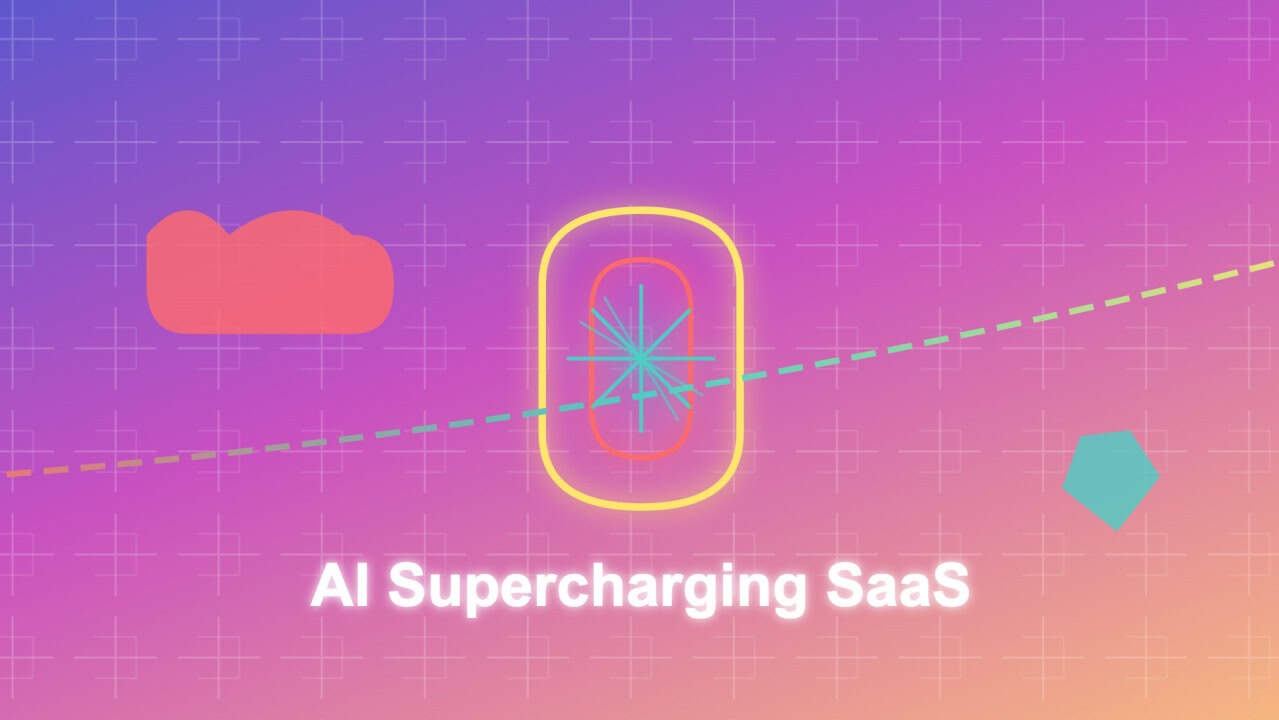If you were part of the technology ecosystem as a builder or operator, 2024 was one of the most exciting and transformative years. There were talks of software being dead to AI agents taking over the world. This is a tech wave that is impacting early stage startups to the largest tech incumbents. Just in 2024 the top 6 tech companies added over $5 trillion to their market cap while close to $100 billion in new funding went just to AI startups.
There is no better time to be a builder or an investor.
However, with all such hype cycles it is important to filter signals from noise and focus on what will really create a lasting impact.Here are some of my thoughts on learnings from last year and what is keeping me excited for the coming year.
What we saw in 2024.
- AI agents and Co-pilots are AI LLMs, Agentic AI and Co-pilots were the buzzwords all around. There is still a lot of hype around AI and what it can do. As the foundational models become better and the dust is finally settling, we are seeing AI applications solving real customer pain points in a 10x better way than the traditional SaaS applications. And this theme cuts across across horizontal solutions like sales, marketing, customer support as well as vertical AI applications in manufacturing, healthcare, legaltech, edtech, etc. 80% of our investments in 2024 went to AI-first companies.
- AI is supercharging the SaaS business . There was a lot of talk around ‘SaaS is dead’. Well, not really. SaaS is a business model for software businesses. Yes, the traditional way of building software as ‘a workflow automation tool on top of a structured system of record’ is most likely dead. Going forward all software solutions will have AI at the core. These solutions could range from an AI copilot all the way to a system of fully automated agents working in sync with each other to complete tasks without any manual intervention. The System of Record will move from structured data to structured + unstructured data. In terms of investments 24% of all VC investments in 2024 went to SaaS companies.
- SMB SaaS is a hard space to build in but has massive potential. Most of the Indian SaaS companies target SMBs. This is a hard space to build due to high churn and low ACV for the segment, more so if you are going after the India market. To build a large sustainable business one needs to evolve from a single point solution to a multi-product offering and eventually go after mid-market and potentially enterprise clients focussing on international markets. This means:
- Vertical software companies need to evolve into a complete operating system for their customers. (Eg: Square, Toast, Zenoti, etc.)
- Horizontal software companies need to evolve to own a function like HR, Sales, Marketing, Compliance, etc. (Eg: Hubspot, Xero, etc.).
What are we excited about for 2025
At the core of software we will see a shift from workflow automation to work automation. This opens up new opportunities in areas which were previously not addressed by traditional software solutions. Some interesting themes are in:
- Vertical Software with AI has become even more interesting with an increased scope of offering leading to larger TAMs.
- AI enabled Services and Outcome as a service. AI agents and copilots will make human agents more efficient, or in some cases redundant. This will make erstwhile pure services more scalable with software like gross margins. Industries and workstreams with human intensive jobs where manpower is hard to find, train and retain; are expensive or have high churn are ripe for disruption. Think AI SDRs, AI marketing agents, AI RFP responders, AI paralegals, etc.
One big open question that keeps coming up in all of this is: what is the differentiation, moat and right to win in a global market. To be honest, there is no straightforward and easy answer. To start with, the differentiation can be built by creating a scaffolding of workflows and integrations along with AI agents. With time, this gives access to proprietary data that will make the models and AI agents better leading to a long term differentiation.
Finally at last but not the least - the fundamentals of building a strong business will remain the same. Which is: who is the customer; what is the problem; what is the solution and why is it 10x better than the next best alternative that the customers have. Customers don't care whether it is AI or not - they just want their problem to be solved. With AI one can make solutions faster, better and cheaper.





